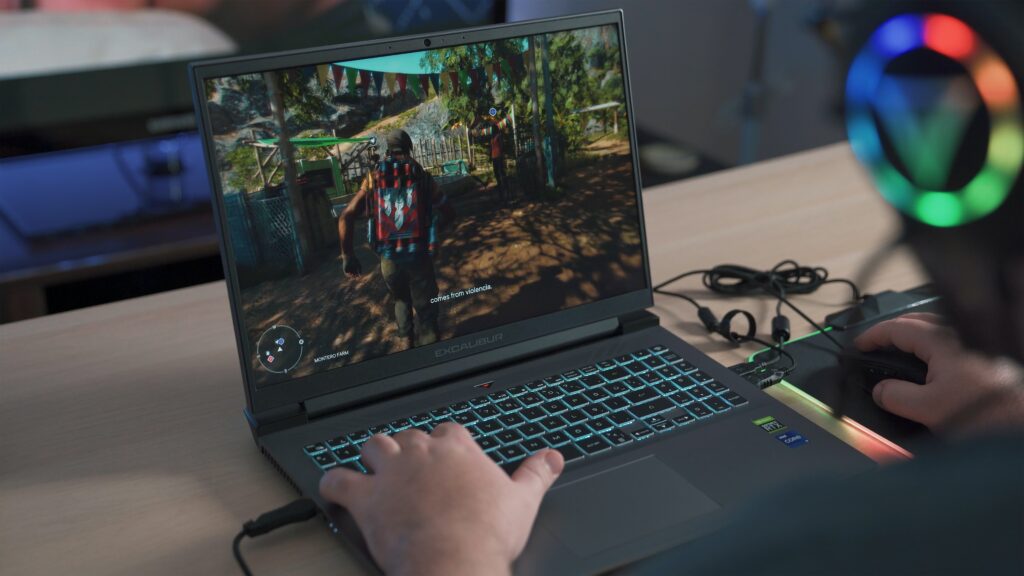
Think back to when video games first came out… those huge machines in the arcades, bars and leisure centres gave way to home computers, PCs and consoles. The Gameboy, Nintendo 64 and Sega Megadrive weren’t exactly huge, but in recent years as technology has gathered pace, miniturisation has gone the other way, as evidenced by the not-exactly-inconsiderable size of the current iterations of the Sony Playstation consoles and XBOX.
There were brief forays into efforts to shrink the console experience into a handheld device, such as the Nintendo DS and Nintendo Switch. The latter’s fusing of the ability to watch TV and play on the move means it still has fans the world over, and is largely seen as the gaming device du jour.
Recently though, competitors have started to up the ante as new game disruptors such as Steam Deck have found ways to cram new processing speeds and hefty graphics cards into just-about handheld devices.
Simultaneously, smartphones have also been getting bigger, and packed with ever more power, memory and operating systems that could power the next mission to Mars. In the last decade they have jumped from being devices used solely to send calls and emails on, to portable televisions and consoles in our hands, ready to supply us with the latest Netflix series, or FIFA game.

Lift off
The landscape of the gaming community has been shifting recently. Big tech companies such as Google tried to muscle in on the industry with Stadia series, which couldn’t get past the first level with more gamers.
Now, in the same way that companies are adopting cloud strategies to save money, make working practices more efficient and save on storing and maintaining costly on-premises architecture, cloud gaming on devices look certain to be modified, too. Games maker No More Robots are betting big on the importance of cloud gaming to their future. The company is to release at least six new titles on the Microsoft XCloud. Meanwhile users of that particular console, with upgrades to Linux and Chrome recently announced so cloud gaming can continue apace on many other devices.
Gone will be the reliance on graphics cards, it will all be about adaptive GPU resource scheduling – effectively using the unused space on your graphics card to let the space be used to run someone else’s gaming experience at the same time.
And it’s not just on consoles that cloud gaming will proliferate. Those with mobile devices will also benefit too. The combination of 5g speeds and low latency will combine with mobile edge computing to offer more power to cloud gaming.
Also gone will be the tendency to offer ‘lite’ or beta versions of games because of this increase in processing power and connections on smartphones, as well as an increase in the potential audience as well, thanks to the ubiquitous nature of mobiles and smartphones.
And, as we’ve spoken out before, telecoms companies will also enjoy their day in the sun, harnessing the power of 5G and an increase in broadband connections to assert their dominance and prove how important they are to big tech.
Out of all of this will become the need for speed, competition and innovation among games publishers and studios, resulting in better games and experiences on smaller and smaller devices.
Isn’t that the kind of big news you like reading about.







